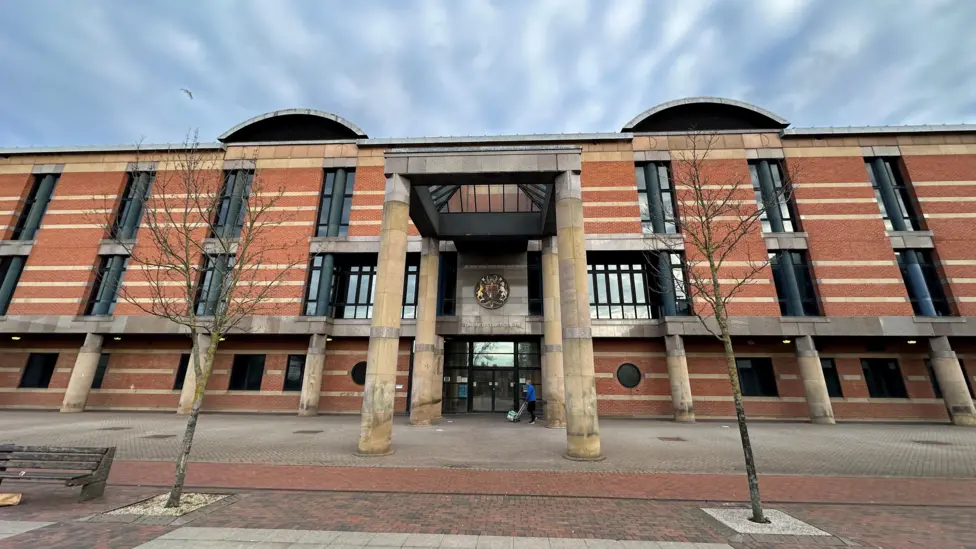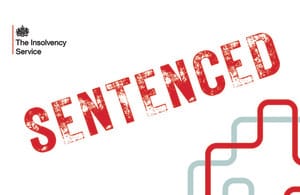|
Getting your Trinity Audio player ready...
|
On April 16, 2025, the UK Supreme Court delivered a landmark ruling stating that, under the Equality Act 2010, the terms “woman” and “sex” refer exclusively to biological sex assigned at birth. This decision has significant implications for the legal recognition of transgender individuals in certain contexts.
Background of the Case
The case originated from a legal challenge by the advocacy group For Women Scotland against the Scottish Government’s 2018 Gender Representation on Public Boards Act. The Act aimed to ensure that at least 50% of public board members were women, including transgender women with Gender Recognition Certificates (GRCs). For Women Scotland contended that this inclusion conflicted with the Equality Act’s definitions.
The Supreme Court’s Decision
In a unanimous decision, the Supreme Court ruled that the Equality Act’s references to “woman” and “sex” pertain to biological sex, not gender identity. Deputy President Lord Hodge emphasized that this interpretation was necessary to maintain the Act’s coherence and practical application. The ruling allows for the lawful exclusion of transgender women from single-sex spaces designated for biological females, such as certain hospital wards, prisons, and shelters. However, the Court reaffirmed that transgender individuals remain protected under the Act’s “gender reassignment” category, safeguarding them against discrimination and harassment.
Reactions and Implications
The ruling has elicited diverse reactions. Supporters, including author J.K. Rowling, praised the decision for reinforcing the importance of biological definitions in law and protecting the integrity of female-only spaces. Conversely, human rights organizations, such as Amnesty International and Stonewall, expressed concern that the ruling could undermine the legal recognition and protections of transgender individuals. Approximately 116,000 people in the UK identify as transgender, with only 8,500 holding GRCs.AP News
The decision has prompted calls for legislative review. Melanie Field, a former civil servant involved in drafting the Equality Act, argued that the ruling contradicts the Act’s original intent to provide equal status to transgender individuals with GRCs. Education unions have also voiced concerns, urging the government to provide clear guidance to schools and colleges on interpreting the law concerning children questioning their gender.The GuardianLBC
The Equality and Human Rights Commission is now working on new guidance to clarify the implications of the ruling. As the UK navigates the complexities of gender identity and legal definitions, this ruling marks a significant moment in the ongoing discourse surrounding transgender rights and the interpretation of sex and gender in law.




































































